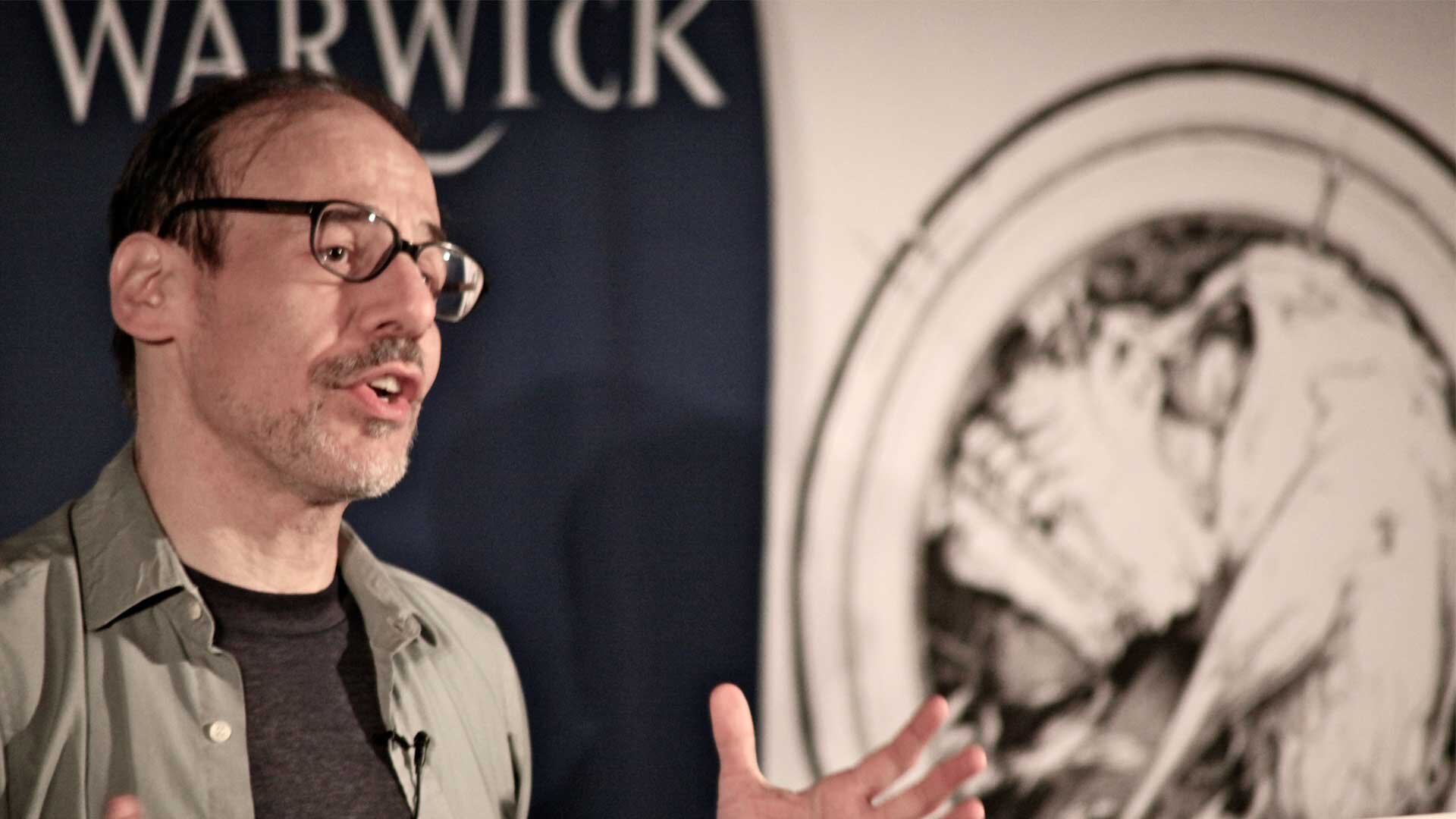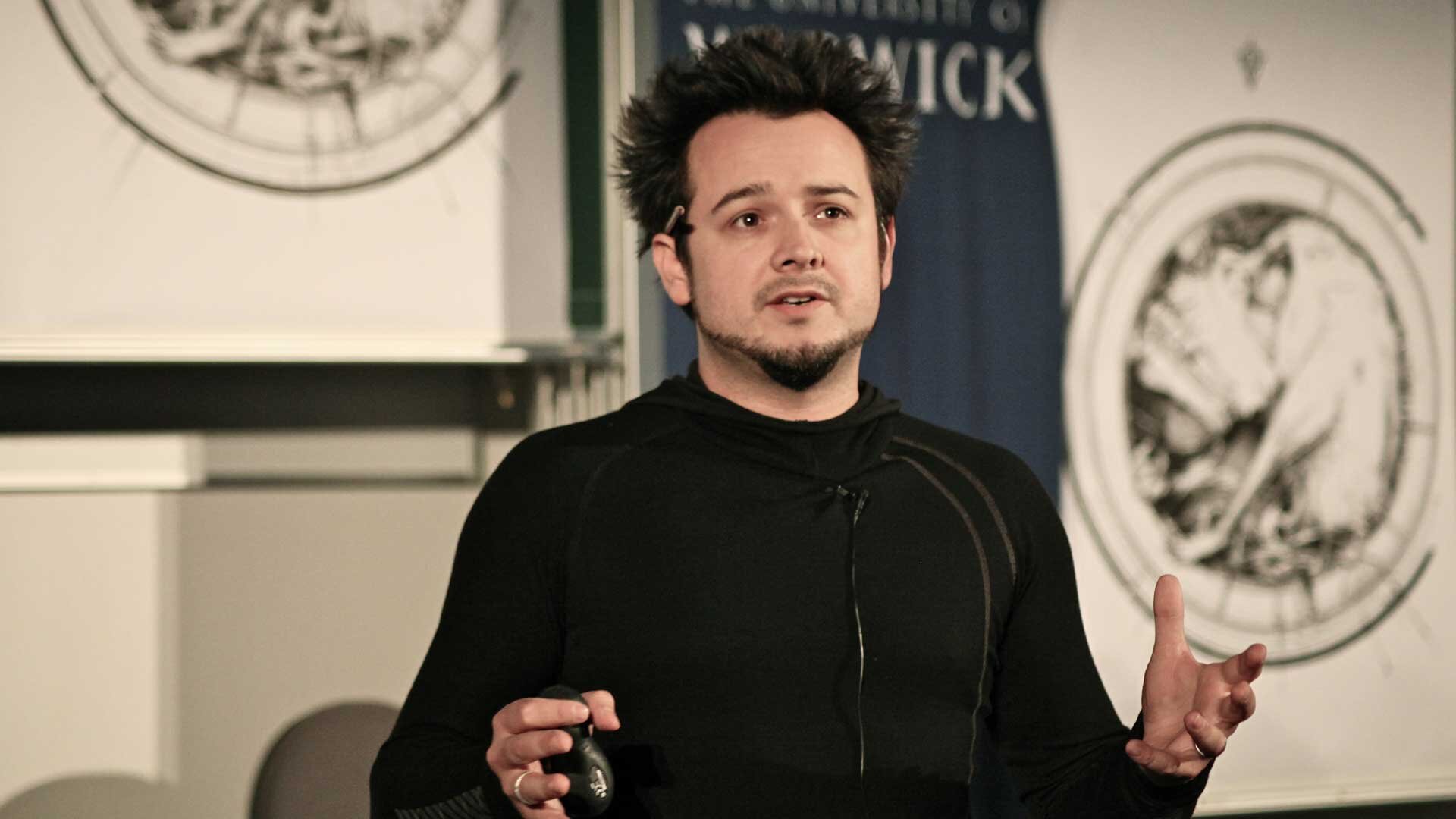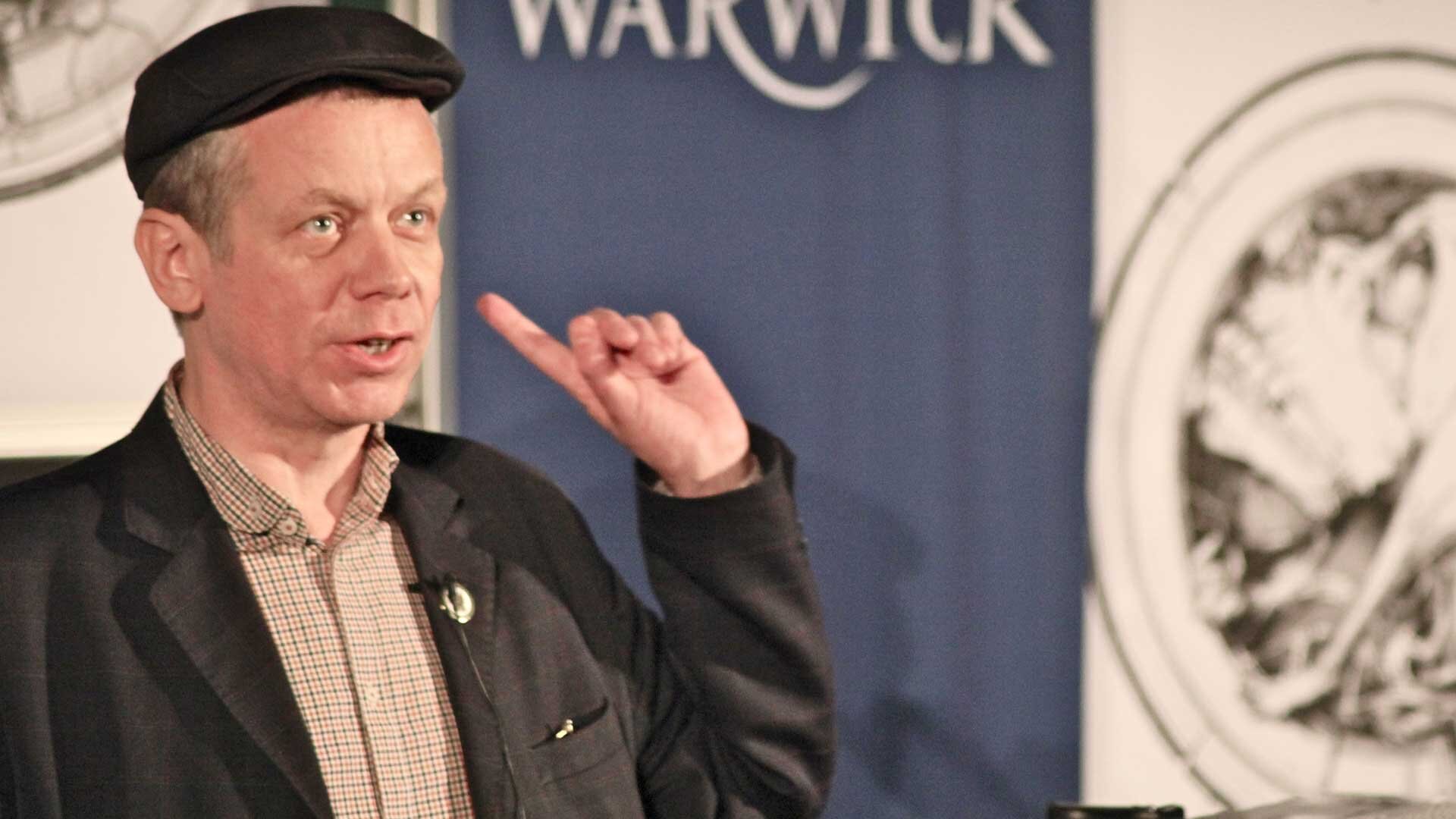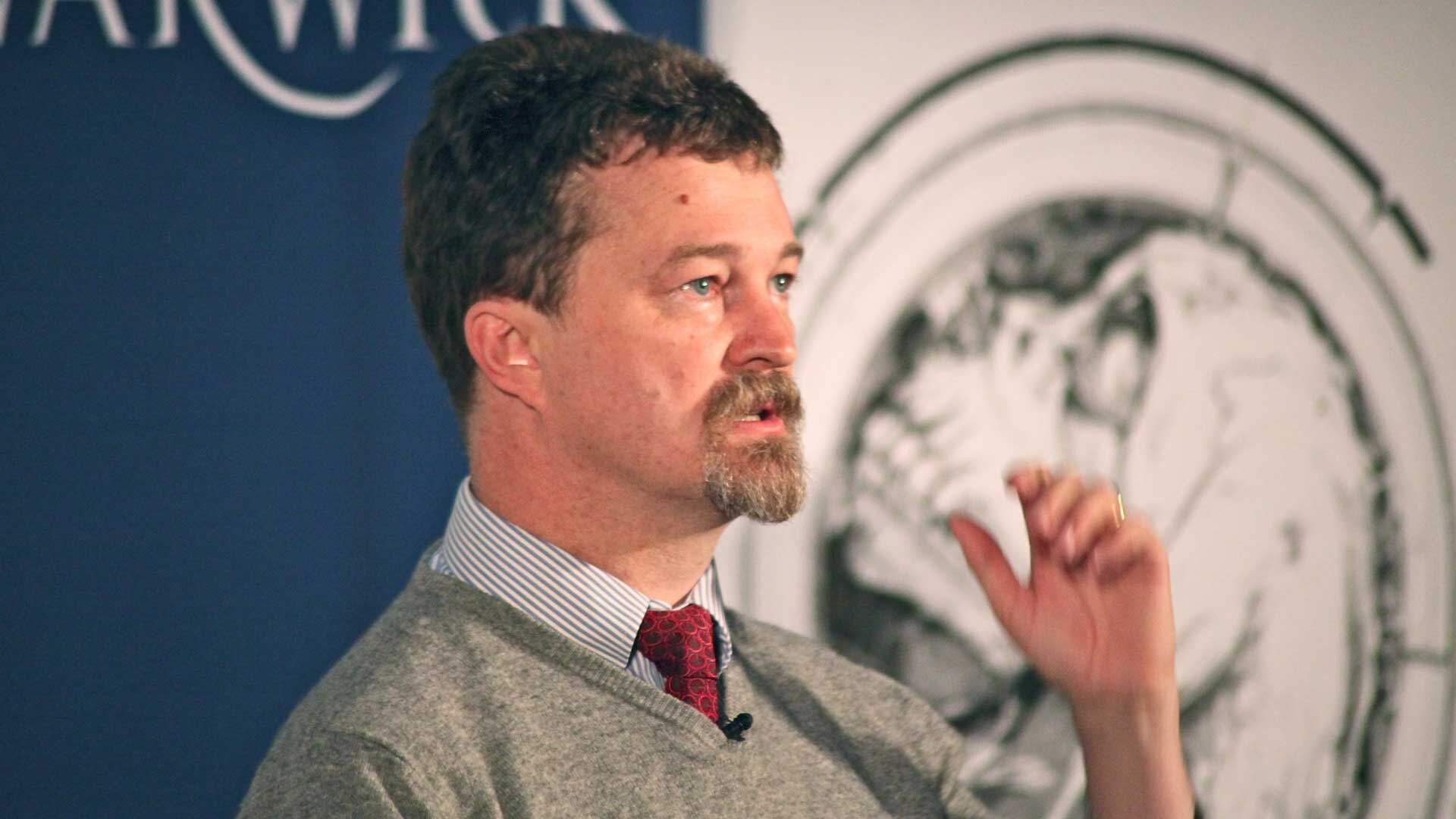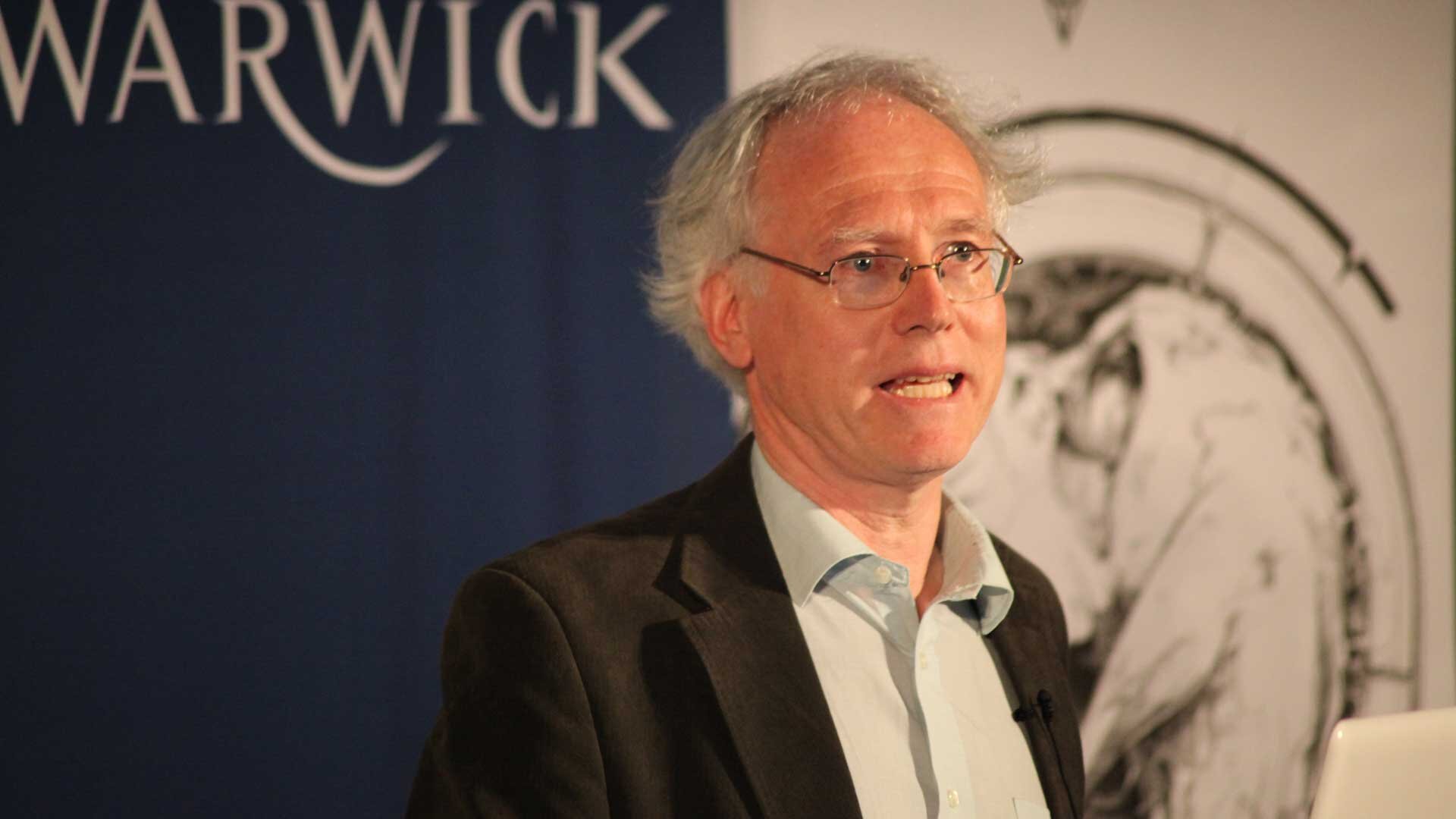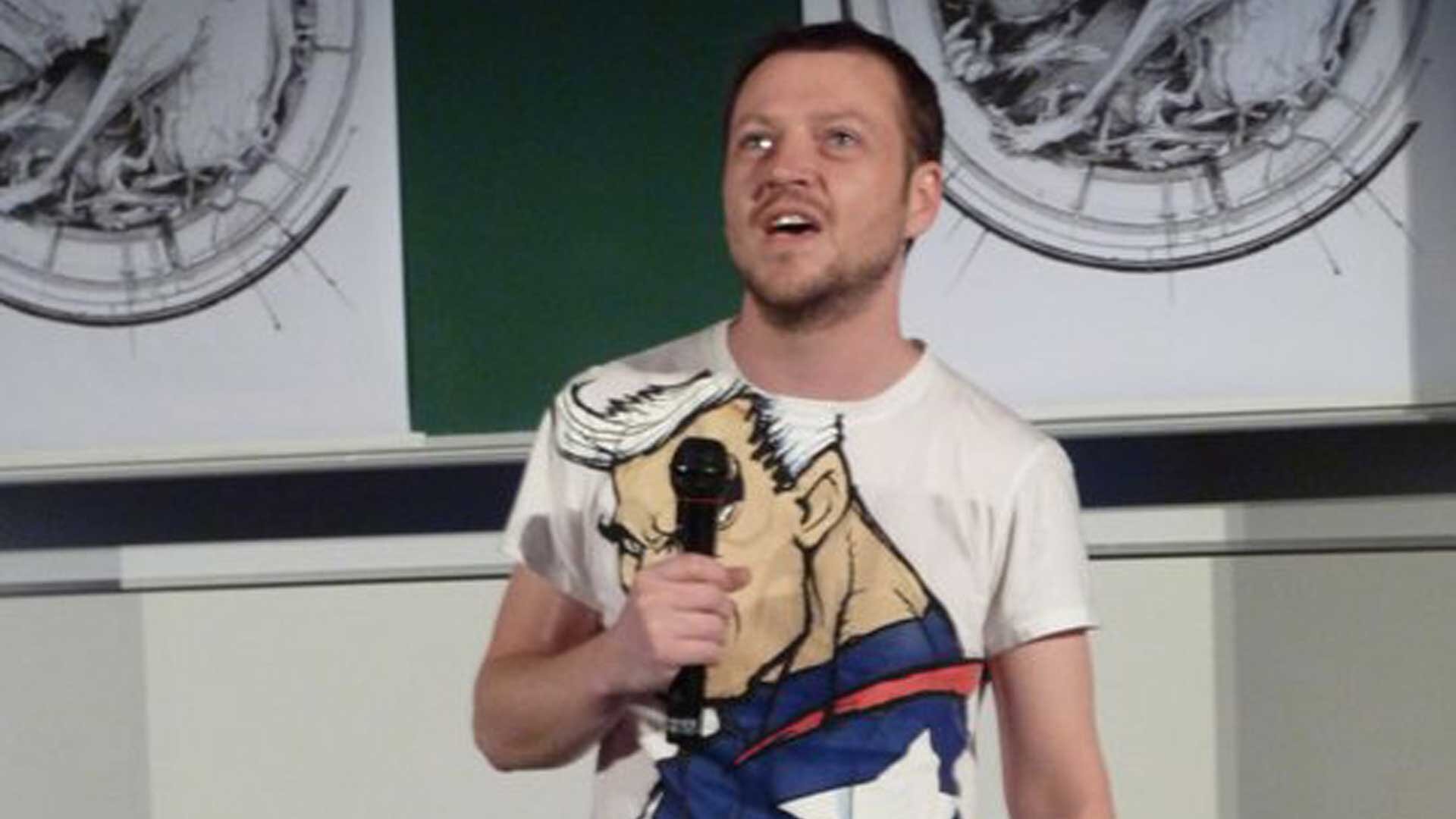Virtual Futures 2011
June 18-19, 2011 | University of Warwick
When the Virtual Futures conference returned to Warwick, on the 18th and 19th June 2011, it aimed to reconnect audiences with one of the most important intellectual and cultural developments of our times – the technological extension of the human condition, and served to raise awareness about the continuing significance of the issues addressed by the original conferences.
Entering the second decade of the new millennium, it is clear that a lot has happened since the events of the mid-90’s. Virtual Futures ‘2.0’ aimed to chart the technological advancements, which have led to transformations in the social and cultural environment. It’s unique retrospective approach served as a platform from which the developments of the last fifteen years could be critiqued and analysed. The 2011 revival enabled attendees to reflect on lessons learned in the last fifteen years but more importantly, explore new grounds and discover the potential held by advancements in society, technology, art and politics over the next fifteen.
The conference was organised by Luke Robert Mason in collaboration with the University of Warwick’s Institute for Advanced Teaching and Learning, the Centre for the History of Medicine and the School of Theatre, Performance and Cultural Studies as well as Humanity+ UK creating interest from both across the University and nationwide.
Return of a Cult Cyber-Conference
As digital timers embedded within machines twitched towards the stroke of midnight 1999 the world held its breath wondering what chaos would ensue in the very first second of the new millennium. Only those technologies that were created at the time of millennial angst were bestowed with mechanisms that could deal with the transition from one epoch to another. The so-called millennium ‘bug’ threatened those of us that relied on older technologies and who expected the world to literally stop counting.
Of course, the future is always virtual and many things that seem imminent or inevitable, such as Y2K, never actually happen. Fortunately our ability to survive the future is not contingent on our capacity for prediction though sometimes, on those much more rare occasions, something remarkable comes of staring the future deep in the eyes and challenging everything that it seems to promise. A role, which the Virtual Futures conference reacquired when it was ‘rebooted’ by Luke Robert Mason on the 18th-19th June 2011 with the support of the Institute for Advanced Teaching and Learning (IATL), Student as Producer Research Grant.
The Future is Not What it Used to Be
The VF revival highlighted how, in the last 15 years, we have become the cultural engineers of our own obsolescence. This possibility was alluded to by the 1995 theme, ‘CyberEvolution’ or ‘a consciously driven evolution’ of society led by the counter-culture movement of ‘cyberpunk’ and encouraged by the web. An array of world-renowned speakers and artists including Stelarc, Dr. Dan O'Hara, Dr. Rachel Armstrong, Dr. Richard Barbrook and James Flint, returned to the University of Warwick, 16 years after appearing at VF 95. Professor Steve Fuller, Professor Andy Miah and Mark Fisher questioned how we will move forward in our evolution at a time of ever improving technology and WMG's own Professor Alan Chalmers and Professor Jeremy Wyatt shared the latest innovations in digital technology.
But it was Pat Cadigan’s 2011 talk that characterised new obsessive relationships with our technology, otherwise known as FOMO (Fear Of Missing Out), a heightened neurosis of missing out on something caused by social networking, “It’s only a short step from FOMO to paranoia” states Cadigan. “If it exists someone is neurotic about it.” Equally, leading cultural commentator Mark Fisher stated, “there’s a sense that everything has changed but nothing’s really happened […] technological upgrades have taken the place of a kind of cultural development, and what I want to suggest, really, is that there is a correlation between these two things. What I’ve noticed over the last few months is a growing sense of a kind of digital communicative malaise; a sense that we’re deep into this stuff and that we didn’t necessarily know what we were getting into. It’s like we’re the subject of an experiment which no-one is consciously really conducting.”
The Virtual Futures revival also helped to frame our ‘relationship’ with technology as one, not born of the creation of new tools, but in the democratisation of old tools. The most dangerous piece of technology is not always the largest or most expensive, but instead the most low cost and highly accessible. Indeed it was the tension between corporate high-tech and the appropriation of information technologies by counter-cultures that gave birth to the concerns of the original conferences. The technologies of the ‘high-tech’ industries of the mid-90’s were accompanied with the ‘cyber’ prefixes which came to form concepts such as ‘CyberNightclubs,’ ‘CyberLaw,’ ‘CyberDrugs,’ and ‘CyberCulture.’ Today, this prefix has been dropped with the exception of terrorist investigators, information annalists, the military and the porn industry being the only collectives who still utilise the ‘cyber’ prefix. The revival of Virtual Futures attempted to reclaim a critical framework within which to analyse the web and the organisers from each decade, Dr. Dan O'Hara and Luke Robert Mason, are now working towards a publication that will study the epistemology of the ‘cyber-' prefix charting it’s various usage in across disciplines and it’s seeming disappearance in fields such as art, philosophy and culture.
Whereas the mid-90s events were about emergence and understanding of the symbiotic relationship between man and machine, the 2011 theme, “Digital Natives: Fear of the Flesh?” was about acceptance. Children born today are being born into increasingly synthetic worlds of virtual interaction, virtual products (MP3s etc.) and virtual transactions. A reality that would be fitting of a William Gibson novel in which ‘consensual hallucination’ has overtaken and where we would happily purchase small representations of physical objects (such as iTunes albums) – a concept only aided by a shared social acceptance. The revival aimed to help attendees see beyond this abstraction after all, when you are ‘surfing’ the net – lets not forget that you are actually slamming a couple of keys which sends machine code through wires. Despite the provocations raised by the revival of the conference, the question remains as to which technologies could conceivably 'Ctrl', 'Alt'[er], 'Enter' and perhaps even 'Delete' our bodies over the next 15 years.



